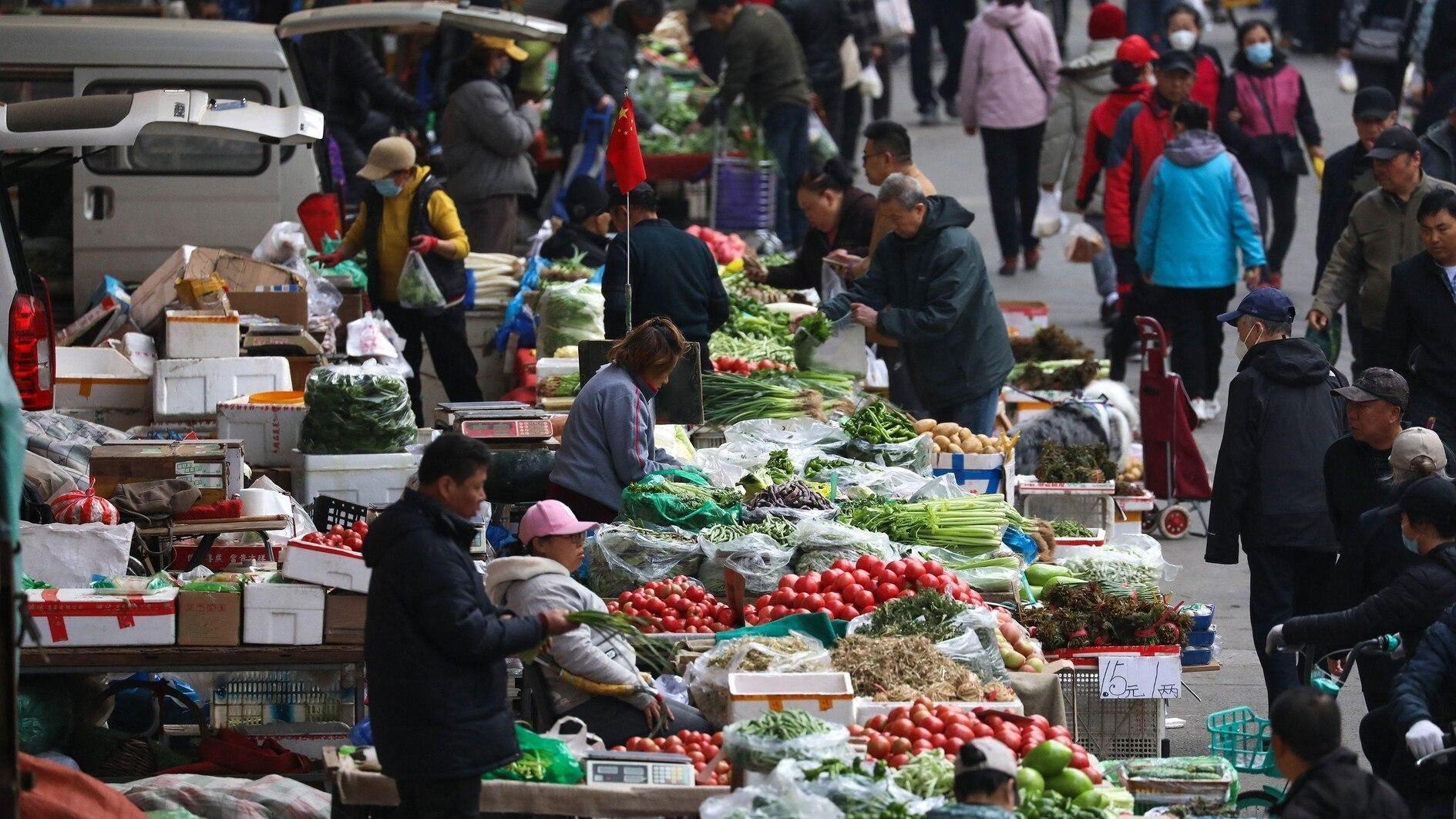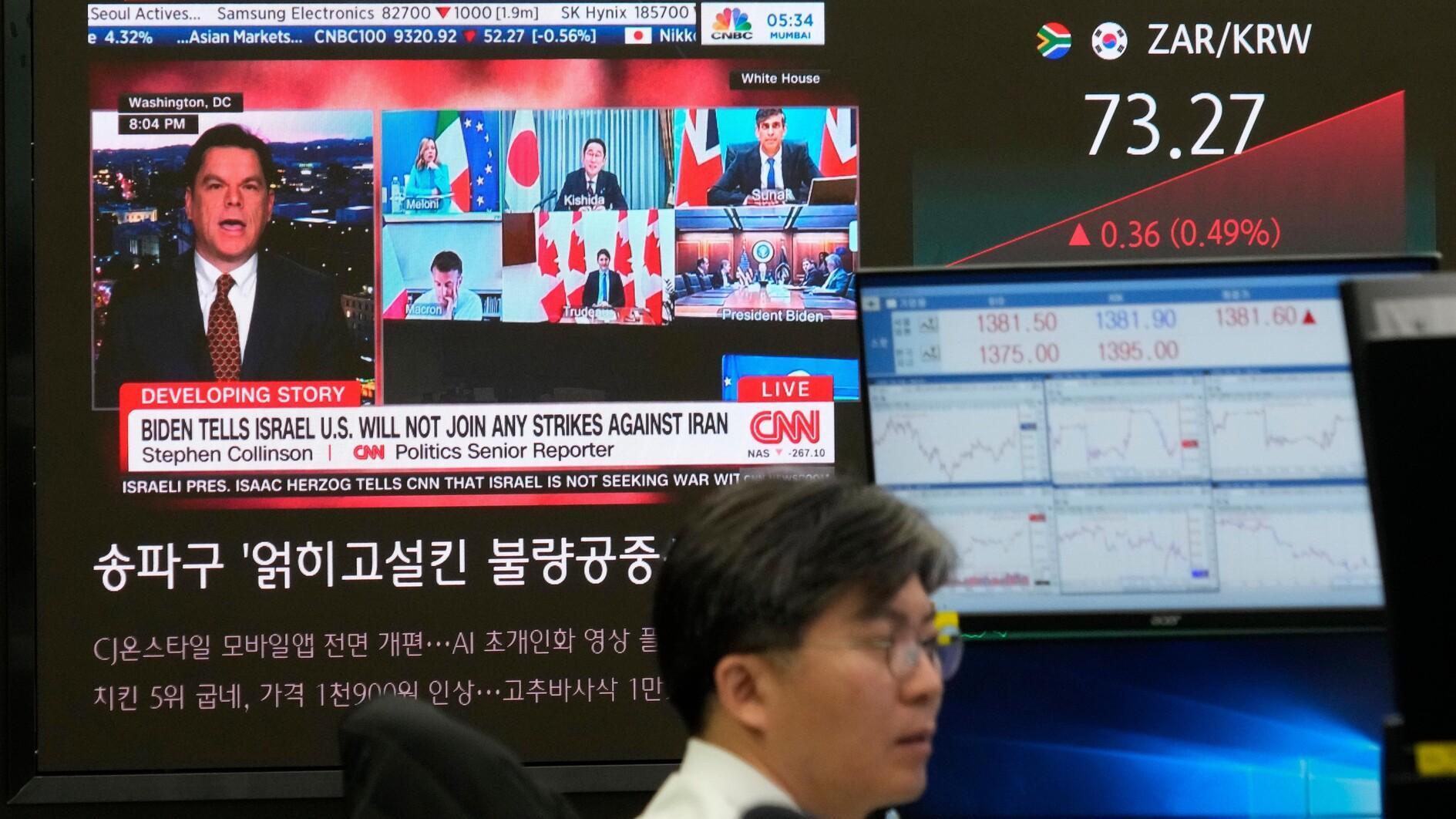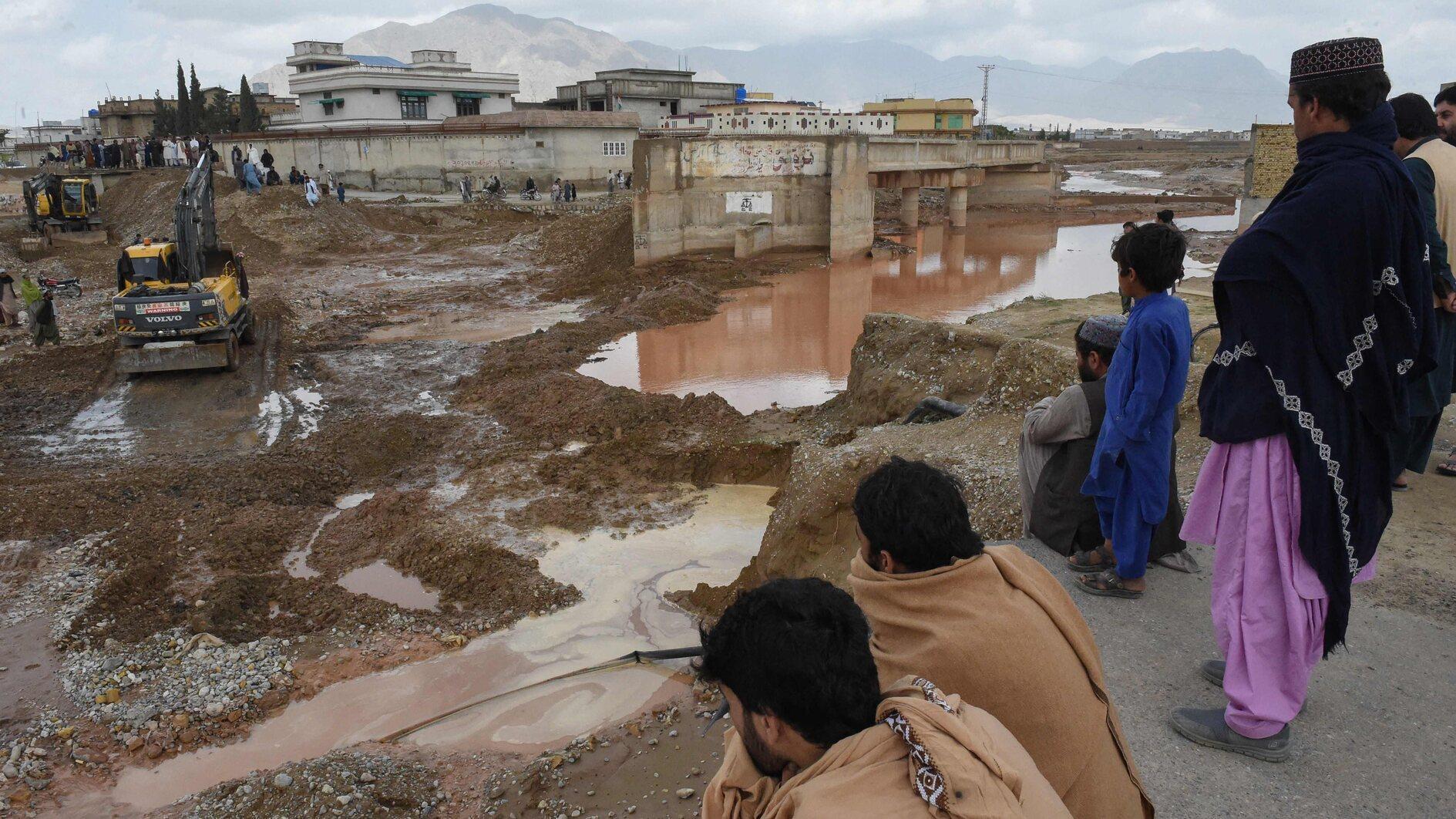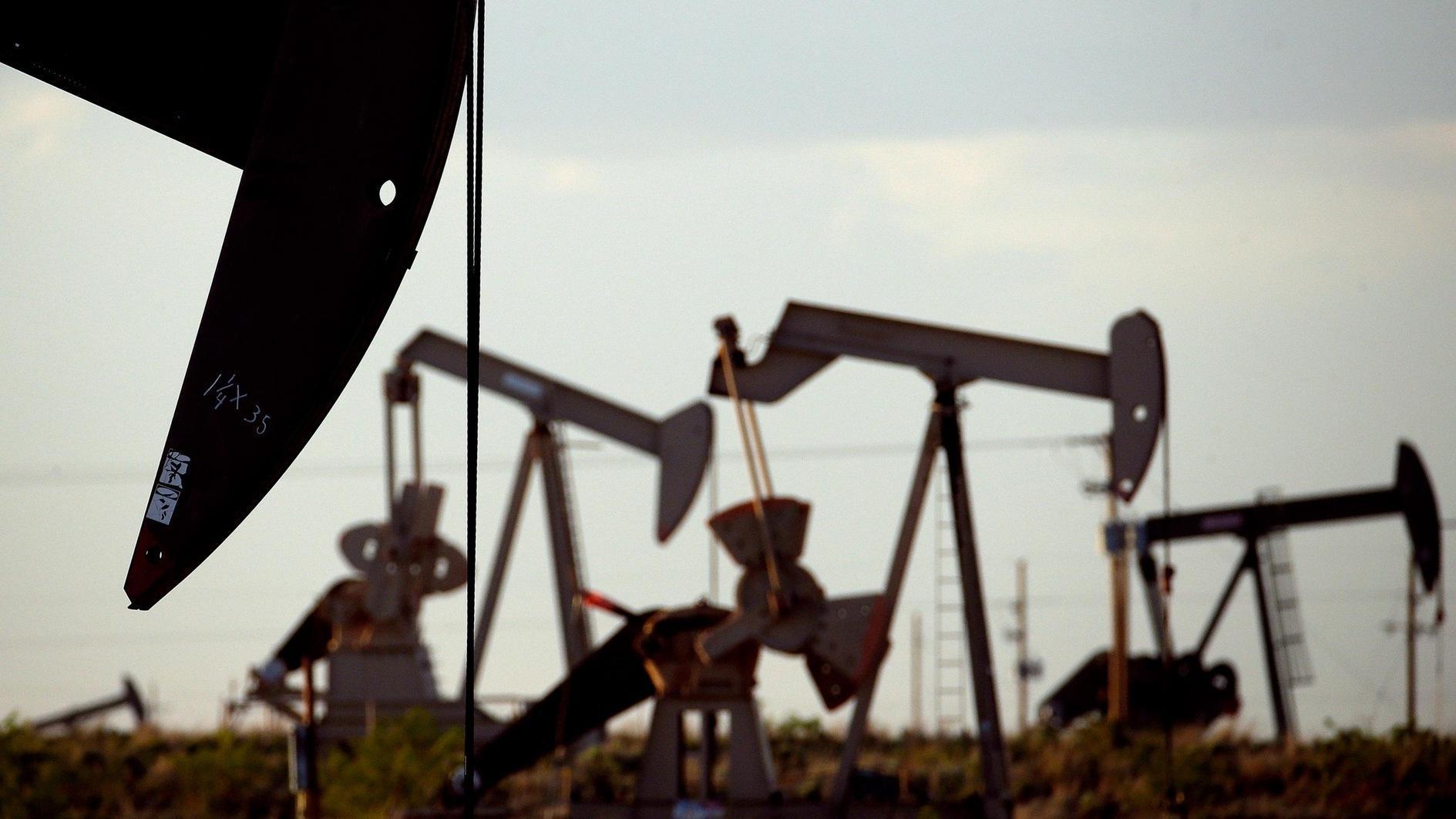Suspending accession talks would be more counterproductive than helpful
Barçın Yinanç - BRUSSELS
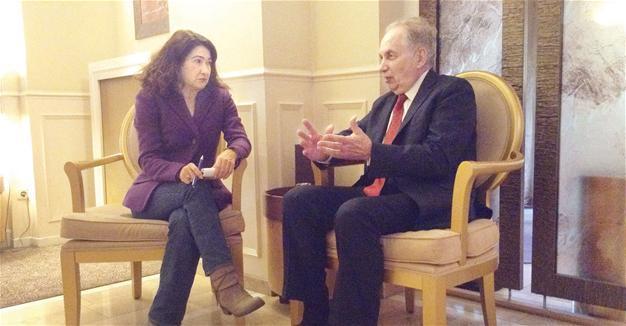 EU capitals will refrain from freezing accession talks with Turkey in contrast to a recent European Parliament decision as doing so would be more counterproductive than helpful, according to a former EU envoy to Ankara.
EU capitals will refrain from freezing accession talks with Turkey in contrast to a recent European Parliament decision as doing so would be more counterproductive than helpful, according to a former EU envoy to Ankara. “The likely attitude is that the EU will move on what is working, like the Customs Union and the refugee deal,” Marc Pierini, who is currently a visiting scholar at Carnegie Europe, told the Hürriyet Daily News in Brussels.
What do you think will happen in the aftermath of the decision?
Parliament’s resolution is a signal of support for democracy in Turkey and its civilians. It reflects the fact that given the sharp deterioration in the rule of law, silence was not an option.
Politics are local and members of EU have to take into account the perception of their voters and that perception is that Turkey is going toward an authoritarian system. Everybody understands that a coup requires corrective measures but as the parliament said, [there is a] feeling this is going way over what is necessary.
The crisis is internal in Turkey, and I would agree that the EU did not always maneuver the smart way in this crisis. The essential point is that the Turkish leadership still claims to have the objective to join the EU but its rule of law architecture is further away from EU standards.
Do you think the resolution will have any impact in terms of improving the democratic situation in Turkey?
We have a situation where whatever it does, the EU has no leverage. This has been said by the leadership so many times.
I would agree that sending negative signals can be perceived as hypocritical, ill-footed and so on, but I don’t see it as a strategic mistake. First, there is no freeze at the moment. It is a political signal toward the freeze but a signal pointing to the massive gap in the perception of what is democracy.
If the EU is so sensitive about democracy, it should have shown a more efficient reaction to the failed coup. Don’t you think the government has a point in pointing to that contradiction?
The discourse over the lack of empathy is one of the most negative investments Turkey has made. It is based on disinformation. That’s the reason why EP members are upset. The EU was the first to support Turkey in the middle of the night. It supported the legitimate institutions coming out of democratic elections.
Yes, there was a lack of support to personalities, because the EU supports legitimate institutions, not person A or B. That may be where the problem is. But we are faced with a lot of disinformation, especially on the EU’s attitude.
A statement in the middle of the night falls short of the intensity of the failed coup.
I would agree that the magnitude of the shock to any Turk was underestimated in Europe.
The problem is that there is a very strong movement in defense of Turkish democracy and there is little empathy for leaders who blast the EU every morning. That is the reality. That reality stems from the violence of statements against the EU for sheer domestic political reasons because you have to ramp up the nationalist narrative given the fact that you are going to a referendum.
Members of parliament will say we understand fights, we understand criticism but being pelted with insults for domestic political reasons; that’s a no. We all have domestic political considerations.
What next?
The EU will decide on it in December. But you also have the issue of the Customs Union modernization.
The commission has to finalize the technical study and issue a draft mandate for negotiations.
Today, this is more important than accession negotiations. This is the core of the business.
The Customs Union has had immense benefits for Turkey, which has very few alternatives, contrary to what many people think. Technology does not come from Russia or China – maybe missiles.
Moving toward modernizing the Customs Union is more important for Turkey than moving on the accession negotiation and more feasible because you have fewer political obstacles.
Because of the Customs Union modernization and because of the regional turmoil, nobody wants to rock the boat much more than it already has been.
The likely attitude is that the EU will move on what is working, like the Customs Union and the refugee deal.
There is huge disinformation there too. There is an agreed 3 billion euros as financial assistance.
Then there is the identified part, meaning you know where you are going to spend it, and that’s over 2 billion. Over 1 billion euros are contracted and the amount disbursed is around 600 million.
So the motivation behind not suspending the talks would be political concerns like the regional turmoil?
Suspending the accession talks would give a long-term negative signal that is probably more counterproductive than helpful. Given that the solid march toward absolute power, the Turkish leadership will not listen. The EU message is currently inaudible.
In other words, the EU won’t suspend accession talks because it has no leverage.
The assessment is that the entire focus in Turkey from the leadership is absolute power; that is, by essence, domestic politics. The worry in the EU is that given the size and location of Turkey, permanent instability, which is what you have now, as a system is extremely dangerous both for Turkey and Europe. Decisions in the months and years to come are being watched with extreme care: military intervention in Mosul and Raqqa; the choice of a missile defense system that is compatible or non-compatible with NATO…
The danger is that you have the Russian leadership bent on undermining NATO and the EU. Is Turkey becoming a toy of Russian strategy? That is what is at stake.
The European perception is that Turkey has now been engaged by its leadership on a path dangerous for Turkey itself. Turkey could deliberately or inadvertently turn into an actor that undermines NATO and the EU. That is extremely serious.
Today who can you convince in the EU that the Turkish president really wants to enter the EU?
How do you assess the statements about the Shanghai organization?
Whatever Turkey does has no bearing where the Turkish economy is going. It is nothing comparable to the EU. The perception is that this is political talk. This is about a constitutional change leading to a super executive presidency. The practical meaning of the Shanghai agreement is very little, we have seen it over the years. Have you seen massive Chinese investment? You have not. As important it may be as a political tool, it has extremely little relevance in strategic terms in terms of where you want to see Turkey.
What is not insignificant is whether or not Turkey chooses Russian missiles.
How about the threat that Turkey will open the gates to migrants so they can go to Europe?
This is not helping overall EU-Turkish relations. That’s not the way international politics should be run.
Can we assume that the EU leadership does not like Erdoğan and we have a personality problem in the relations?
You have a disconnect between the stated of objective of Turkey joining the EU and aligning with EU norms and what is being done on a daily basis and what is said in a very vocal tone; like “the death penalty is the decision of our people,” etc.
It’s as if you are at the intersection; you can go to the right or to the left.
If you are part of the accession process, you want to join a certain level in the European political system; that is the rift at the moment.
In terms of personalities, it is largely a question of political culture.
There is a lot of in fighting in EU political culture. But what has shocked EU leaders is the level of the attacks and the violence of the language. Erdoğan has said already behind closed doors that he can put refugees on a bus and send them to Europe. That is the extent to which you have a huge gap in the political culture and language you are using.
Granting visa-free travel to Turkey will be very difficult next year as electoral cycles start in Europe. Isn’t the Turkish president right to give a deadline for the end of the year?
Turkey is asking for discounts on EU standards, and this is not going to happen. People thought it could happen but the political reality is that it won’t. There is a disagreement on the anti-terror law, and there is a security situation that perhaps does not allow Turkey to manage. The way forward could be not calling off talks but trying to get to a more favorable time, and that may be one more year.
Some argue that the EU turned a blind eye when democratic backpedalling under the AKP rule started much earlier. You served as EU envoy when things started to turn around; do you think you misread Turkey at that time?
Not at all. I cannot quote my confidential telegrams from the time. You cannot always use the EU as a proxy for an opposition party. The solid trend from 2002 to 2015 was that the AKP was by far the preferred party.
But there was never like today a sense that you may be faced by an irreversible trend. You never had until the second part of this year the perception that Turkey might become an authoritarian system. We are faced with a new situation.
Who is Marc Pierini?

Marc Pierini is a visiting scholar at Carnegie Europe, where his research focuses on developments in the Middle East and Turkey from a European perspective.
Pierini was a career EU diplomat from December 1976 to April 2012. He was EU ambassador and head of delegation to Turkey (2006–2011) and ambassador to Tunisia and Libya (2002–2006), Syria (1998–2002), and Morocco (1991–1995). He also served as the first coordinator for the Euro-Mediterranean Partnership, or the Barcelona Process, from 1995 to 1998 and was the main negotiator for the release of the Bulgarian hostages from Libya from 2004 to 2007.
Pierini served as counselor in the cabinet of two European commissioners: Claude Cheysson, from 1979 to 1981, and Abel Matutes, from 1989 to 1991. He has published three essays in French: “Le prix de la liberté,” “Télégrammes diplomatiques,” and “Où va la Turquie?.”
Pierini is a member of the International Council of the Museum of European and Mediterranean Civilizations in Marseille.


